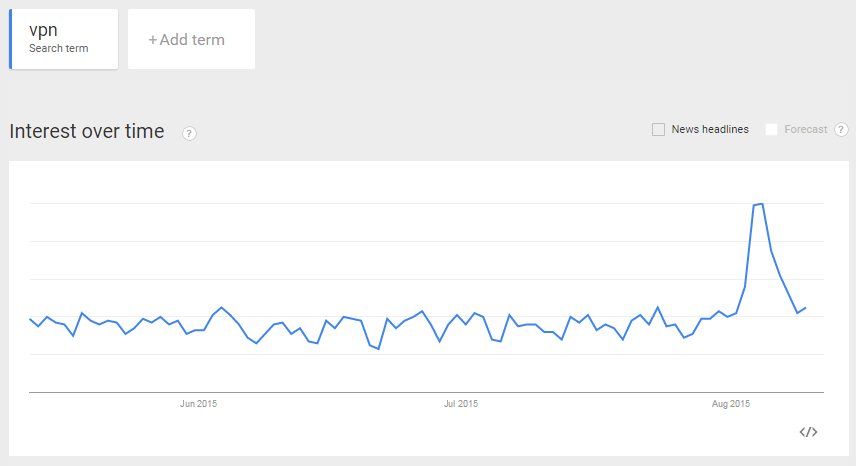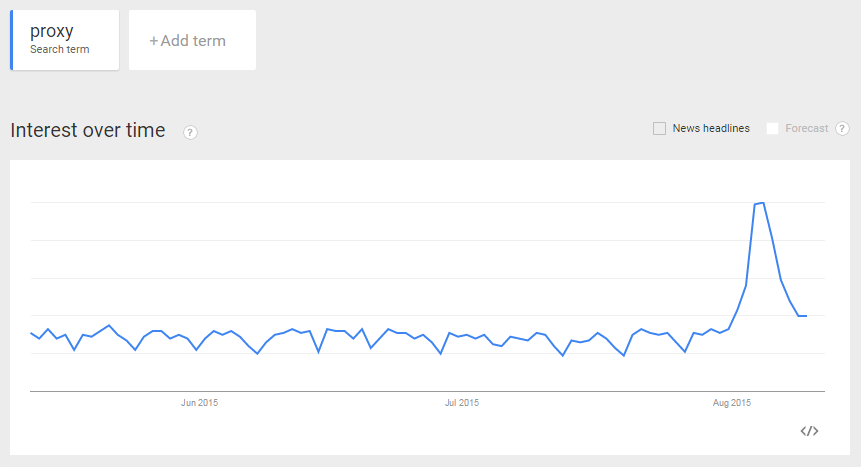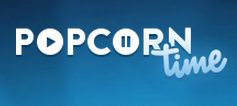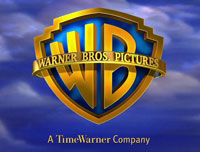 For almost two years City of London Police have been working with the music and movie industries to cut down on the consumption of pirated content online.
For almost two years City of London Police have been working with the music and movie industries to cut down on the consumption of pirated content online.
“Operation Creative” employs a multi-pronged approach, seeking to educate consumers while disrupting individuals and groups that operate unlicensed services. Sometimes engagement with site owners is enough for them to reconsider their ways but when that fails, police employ several other strategies.
One approach is to disrupt advertising revenue to sites that have been placed on the Infringing Website List (IWL), a database of sites that police and copyright holders have deemed to breach copyright law. In one such action, last year the Police Intellectual Property Unit placed warning ads on IWL sites to deter would-be downloaders.
After encouraging UK-based companies to avoid placing ads on listed ‘pirate’ sites, City of London Police have today reported progress in their efforts to cut off sites from their sources of revenue.
“Since the Police Intellectual Property Crime Unit (PIPCU) launched Operation Creative and the Infringing Website List (IWL) in 2013, there has been a 73% decrease in advertising from the UK’s top ad spending companies on copyright infringing websites,” the unit announced this morning.
While an almost three quarters reduction makes good headlines, the announcement is somewhat lacking in detail. For example, PIPCU doesn’t specify whether 73% fewer impressions are appearing on ‘pirate’ sites, or whether the top spending ad companies have reduced their spend with ‘infringing’ sites by the same amount.
Furthermore, the sample appears pretty small. According to the BBC, PIPCU used the services of WhiteBullet, which surveyed the ads placed on just 17 sites over a 12-week period between June and September 2013 and again between March and June 2015.
Stopping short of praising other industries, City of London Police says that advertising from the automotive, food and drink, and real estate sectors, has “almost entirely stopped appearing” on pirate sites.
The progress was welcomed by the head of PIPCU, Detective Chief Inspector Peter Ratcliffe.
“Working closely with rights holders and the advertising industry, PIPCU has been able to lead the way with tackling copyright infringing sites by successfully disrupting advertising revenue,” Ratcliffe said.
“Operation Creative and our Infringing Website List (IWL) is just one of the many ways we are working together with the private sector to safeguard the public, protect the creative industries and ensure the reputation of advertisers and brands are not discredited through association with illegal websites.”
Minister for Intellectual Property Baroness Lucy Neville-Rolfe noted the achievements while underlining the importance of collaboration.
“The results of Operation Creative show what can be achieved when enforcement agencies, industry and government work together,” Neville-Rolfe said.
“I am delighted PIPCU are clamping down on advertising of things like pop music and gambling on copyright infringing sites – protecting our industries and consumers from online crime.”
PIPCU “clamping down” on the advertising of pop music on pirate sites is a curious one, not least since the recording industry are fully signed up members of Operation Creative. That said, gambling advertising is an entirely different matter, with some of the UK’s best known gambling organizations still regularly placing huge ads on many of the world’s leading torrent sites, despite PIPCU’s efforts.
While PIPCU and the government appear to be encouraged by their progress thus far, the big question is whether ‘pirate’ sites are now struggling not only to find advertisers, but also those prepared to pay a decent rate. That will presumably become more evident in the months to come but if Operation Creative is really as effective as PIPCU would have us believe, cash-strapped sites should eventually throw in the towel.
Source: TorrentFreak, for the latest info on copyright, file-sharing, torrent sites and the best VPN services.

 Opponents of website blocking often argue that it’s ineffective, as people have many options to circumvent censorship.
Opponents of website blocking often argue that it’s ineffective, as people have many options to circumvent censorship. 

 In little more than a year Popcorn Time has become a household name on the Internet.
In little more than a year Popcorn Time has become a household name on the Internet. For almost two years City of London Police have been working with the music and movie industries to cut down on the consumption of pirated content online.
For almost two years City of London Police have been working with the music and movie industries to cut down on the consumption of pirated content online. Working on behalf of several prominent copyright holders, piracy monetization firm
Working on behalf of several prominent copyright holders, piracy monetization firm  For the past several years Russia has been making increased efforts to protect content creators. This includes a legal process through which copyright holders can obtain a blocking injunction against sites that are unresponsive to takedown demands.
For the past several years Russia has been making increased efforts to protect content creators. This includes a legal process through which copyright holders can obtain a blocking injunction against sites that are unresponsive to takedown demands.